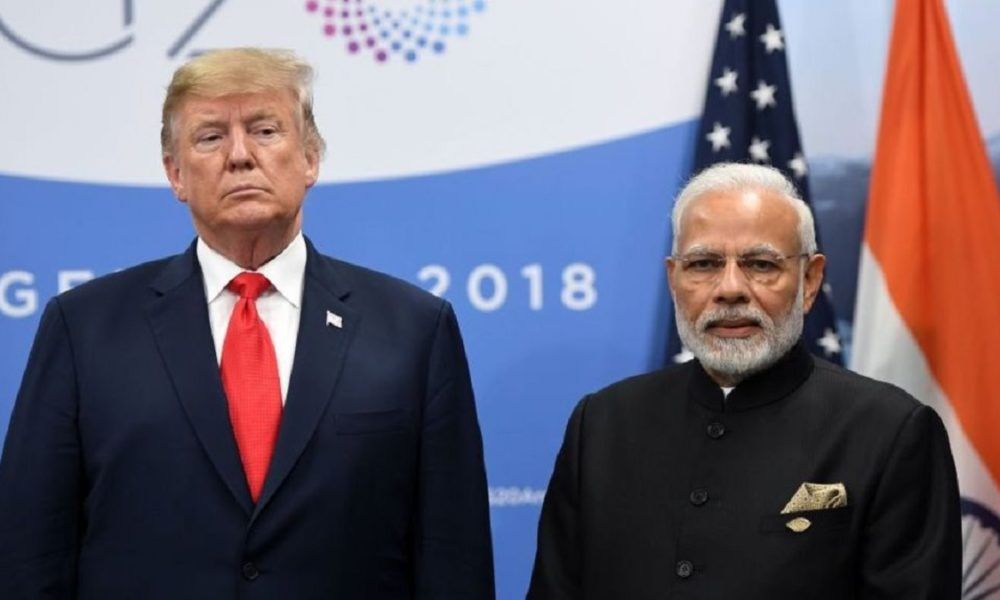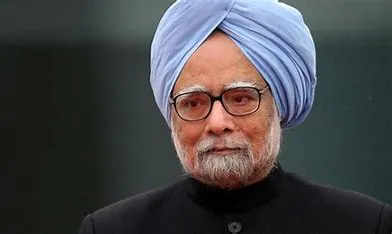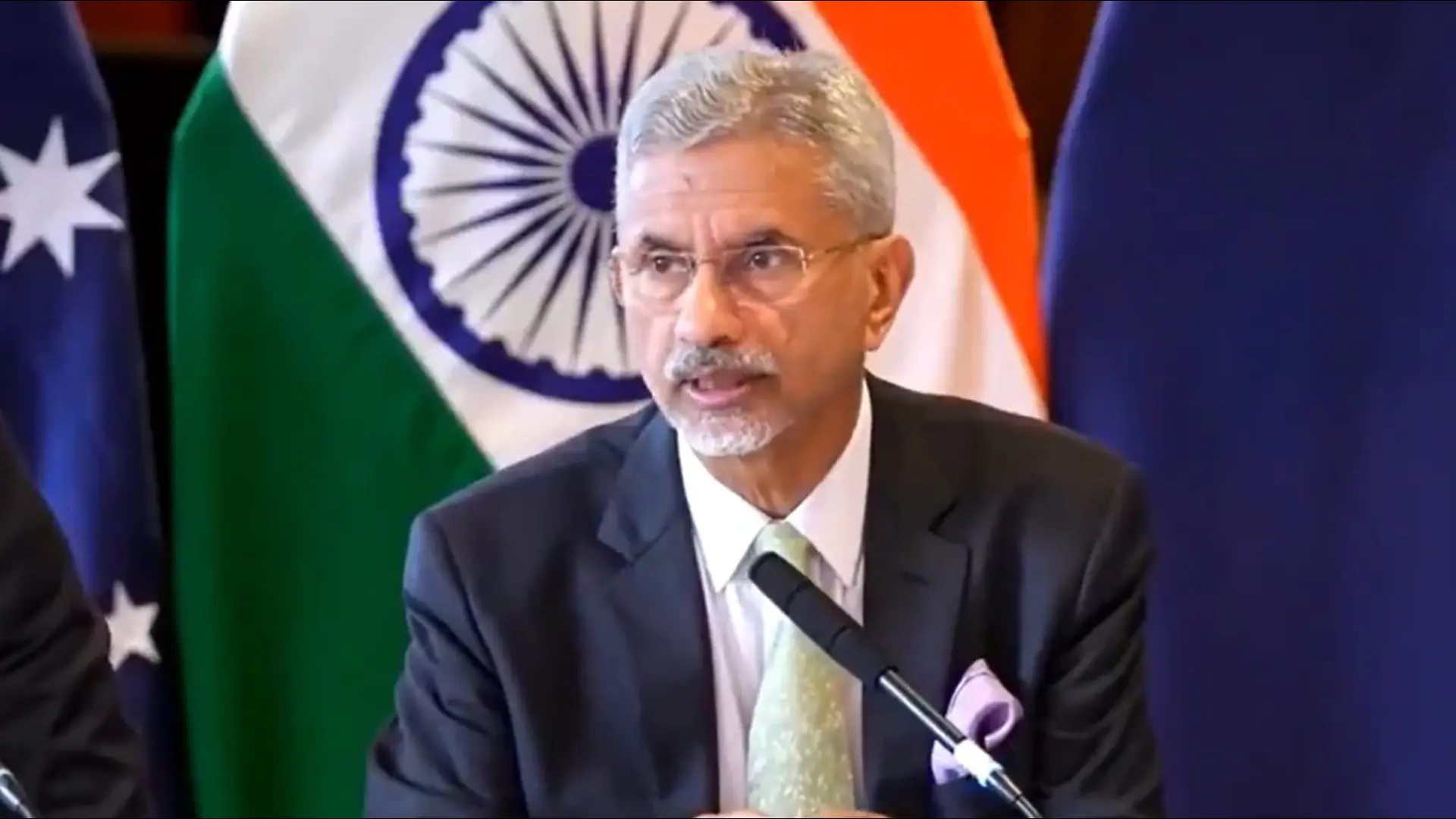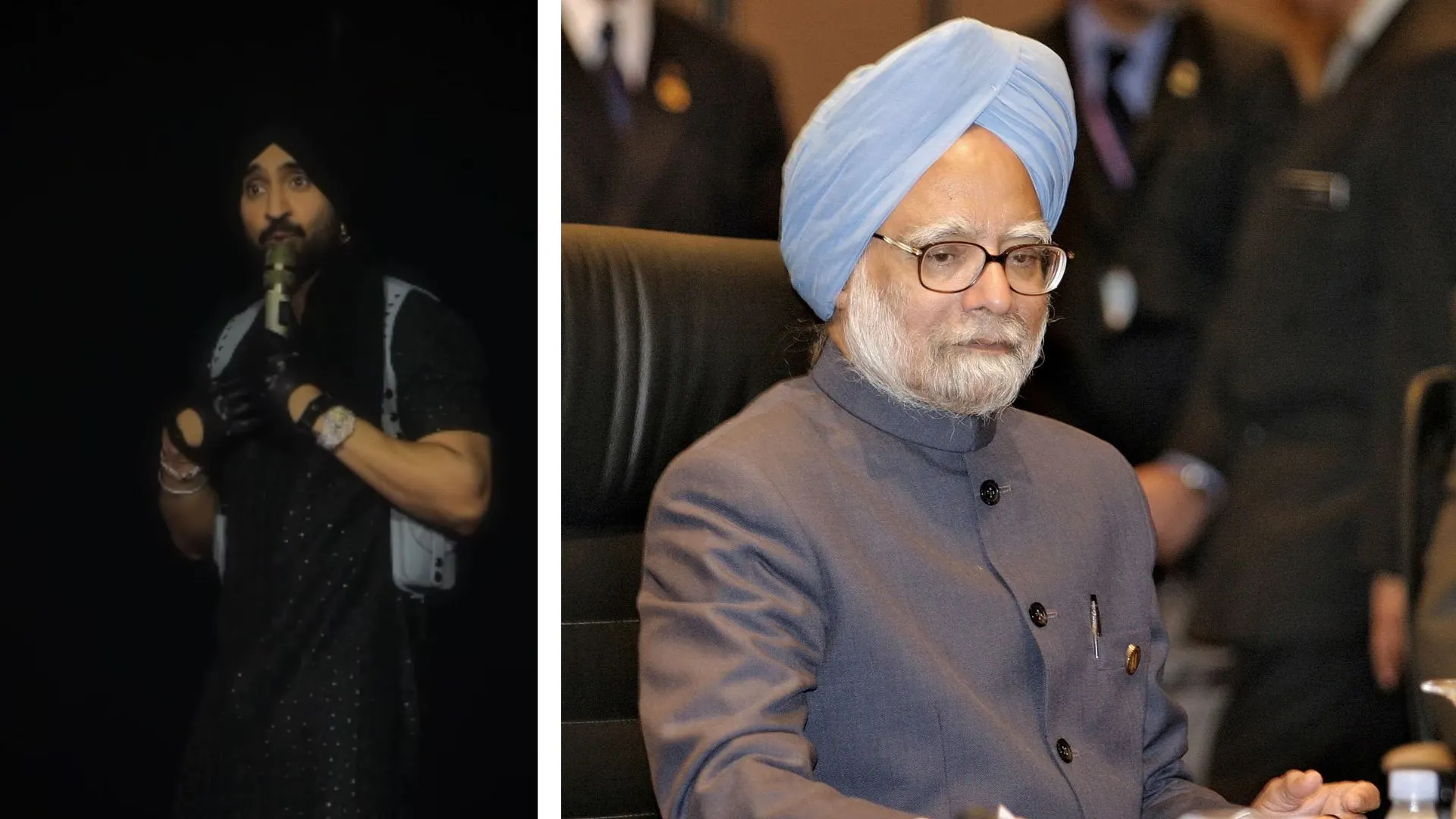While the world wasreeling to contain the deadly spread of the ‘Wuhan Virus’, China sensed an opportunity to further consolidate its growing economic power. It made strategic investments in affected countries to take financial control of stressed assets around the globe. It increased its stake in the HDFC Bank in India, it gave fillip to digital currency, and made a few deft moves to hurt the predominance of the US dollar as the globally accepted trading currency. In its periphery, it flexed its military muscle to intimidate and further assert its claims in the South China Sea region. During the same period, aggressive maritime patrols increased in disputed areas to bully smaller neighbours — a Vietnamese fishing vessel was sunk in the bargain, military drills were conducted and a flotilla of warships sailed through the Taiwan Strait. Strategic affairs experts worldwide opine that the world will never be the same again.
The current geostrategic and geo-economic environment will undergo a sea change. Hitherto, China was a hub in global supply chains on account of its competitive production costs. The West (particularly the US) believed that integrating China in the global economy would moderate its behaviour. However, the reality is that rather than seeing a moderate China emerge, the world is seeing a predatory China which is buying out valuable technology, energy and financial institutions at low valuations and financially squeezing trade partners. The most debilitating effect has been witnessed in the US, Japan and Australian economies. China held back medical supplies to punish the US for holding it accountable for its actions during the virulent spread of the pandemic. In retaliation to the irresponsible behaviour of the Chinese, Japan has already announced a $2.2 billion package to assist Japanese companies in the relocation of their production plants from China to South-East Asia.
US companies are also being encouraged to leave China. South Korea, too, is relocating several of its factories from China to India. To check the rash moves by China in a region endowed with rich energy resources and to safeguard the Sea Lanes of Communication for freedom of navigation and free flow of international trade, a closer alignment of trade, political and security relationships is an imperative. A robust multilateral coalition of like-minded countries and entities in the region will have to be built. The countries that will comprise the reconfigured security architecture will have to be technologically savvy, economically vibrant, endowed with abundant skilled manpower, land and adequate capital. This coalition must have the capacity to keep pace with digitisation, cyberspace, AI, robotics, quantum computing, nano technology and other transformative technologies, as well as the capability to develop relatively low cost and scalable manufacturing bases to neutralise the advantages that China had so far offered. The existing informal forum of the Quad offers a ready platform to launch this initiative in a post-Covid world.
Currently comprising the US, Japan, Australia and India, the addition of Vietnam (which is emerging as a very sound manufacturing base), Indonesia (a large energy resource and manufacturing capability) and Taiwan (a leading advanced technology hub and home of critical component manufacturing capability) can offer a more effective and sustainable reconfiguration of the current strategic architecture. Such an extended informal forum that includes Taiwan can be termed as Quad Plus. This structure can also provide a robust mechanism to check or deter any rash behaviour by the People’s Republic of China to attempt a forced reunification with the mainland. This is significant in the context of fears expressed by some Taiwanese political leaders and military experts that heightened military activity around the Taiwan Strait may be a precursor to military invasion by the People’s Liberation Army to reunify China while the world is still in disarray.
Even though the possibility seems remote, according to a few, this could be attempted in 2021 coinciding with the 100th anniversary of the founding of the Chinese Communist Party and to fulfil Xi Jinping’s China Dream. The launch of a multipronged diplomatic initiative by Prime Minister Narendra Modi to showcase India as a suitable and ready alternative to China for all those countries shaken by the latter’s irresponsibility and unreliability is significant. It signals a renewed pitch to the advanced economies of the world to re-look at India as a reliable manufacturing base for medium and high tech, medical and equipment supplier. This was clear in the leadership role the PM played while hosting a virtual conclave of how the SAARC can tackle the Covid pandemic.
His participation and address in the G-20 Summit underscored India’s potential in the revival of the distressed economies affected by the pandemic. India’s prompt delivery of lifesaving medicine and support despite trade restrictions to the US, airlift of stranded foreign nationals irrespective of origin and Covidinfected destinations raised India’s profile in the eyes of the international community. A concerted diplomatic push by India to give effect to a proposed new mechanism like the Quad Plus will be yet another bold initiative which can deliver rich dividends to India in the international arena. It will ensure stability in the region and provide additional bilateral leverage in its diplomatic dealings with China. The writer is former Special Secretary, Cabinet Secretariat, Government of India.























